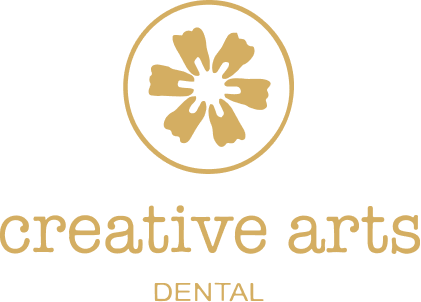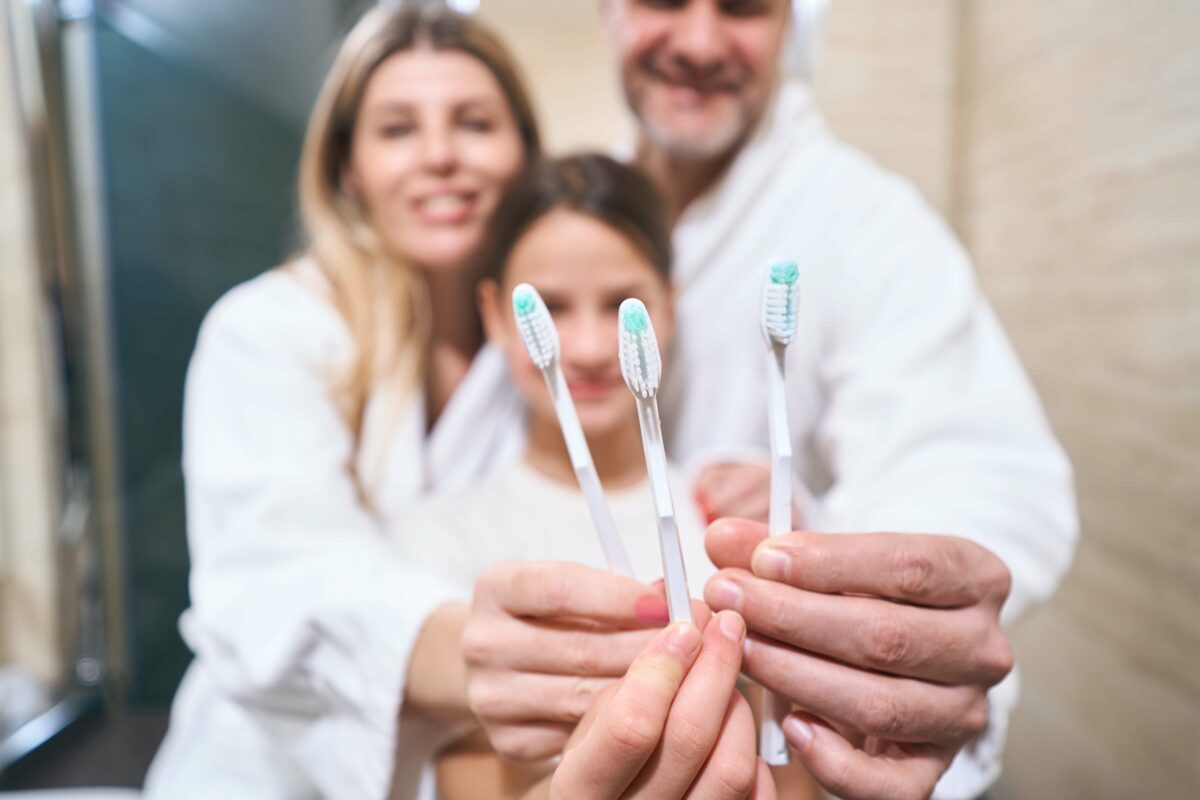“Sharing is caring,” as the phrase goes, but not when it comes to toothbrushes. Whether you’re on a romantic holiday or a quick work trip, leaving your toothbrush at home might be difficult. Reaching for someone else’s brush, on the other hand, is a shortcut to potential oral health hazards.
Why is it a Bad Idea to Share Toothbrushes?
Bacteria Spread: Each mouth contains millions of germs, some of which might be hazardous. When you share a toothbrush, you are effectively transferring bacteria and risking exposure to hazardous ones such as E. coli and staphylococci.
Illness and infection risk: Not all oral bacteria are harmless. Some can cause infections or illnesses, highlighting the significance of personal oral hygiene products.
Unwanted Transfers: In addition to bacteria, a used toothbrush may retain microscopic food particles. Sharing implies that you may accidently introduce someone else’s leftovers into your mouth, which is an unpleasant concept.
How to Keep Your Toothbrush Germ-Free
Thoroughly rinse: Wash your toothbrush with warm water before and after use to release trapped particles and bacteria.
Store Separately: If you live with others, avoid allowing your toothbrush bristles to come into contact. This easy technique reduces bacterial cross-contamination.
Toothbrush holders should be cleaned on a regular basis because they can be a breeding ground for bacteria. To prevent bacterial buildup, clean it every two weeks.
Allow it to Breathe: If you use a toothbrush cover, make sure your brush is completely dry before covering it. Moisture trapping can promote bacterial development.
Creative Arts Dental Will Improve Your Dental Experience
Creative Arts Dental advocates for comprehensive dental treatment. Our clinics are conveniently placed and constructed with you in mind:
Waiting time is kept to a minimum since we respect your time as much as you do.
During treatments, you can relax by watching your favorite Netflix series.
Relax and recline: Our cutting-edge massage chairs provide maximum relaxation.
Warm and inviting: Soft blankets and scented towels add to your dental experience.




